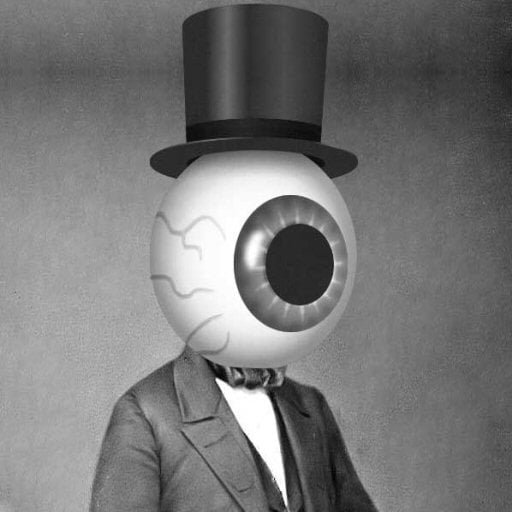That person would die.
Technically correct. The best kind of correct.
They turn into a molecular gas.
You also now have a considerable amount of elemental hydrogen and oxygen floating around, so if there was a spark you’d get small explosion.
Small…? That’s a lot of H2O that got separated and would really like to turn back into its more stable form.
Now that I think about it, we made an awful lot of gas from what was liquid a second ago, we’re going to get an explosion from the gas expansion no matter what we do. I think it’ll be pretty damn big though. The expanding gas is going to cool very rapidly due to whichever gas law that was too, so it’d be like a really cold explosion I suppose.
It can be a bit difficult with these ‘what if we remove this fundamental force’ questions, because they are so fundamental that the rule screws up further reasoning about the situation, but:
Assuming bonds in a body just ‘disappeared’ by magic: Instant decompression would happen at molecular level.
There would be no puddle or even visible dust. All molecules - mostly H and O - in our body would instantly be de-constructed in to individual atoms - in effect turning into a compressed gas, and I guess that the lighter elements would ‘boil off’ so fast that our whole body of compressed gas would explode rather violently.
Adding an aspect: Removing bonds, like hydrogen bonds, takes energy. So if that energy was provided to release the bonds in the first place, the local reaction of atoms in the molecular gas into a multitude of molecules would release quite a bit of heat.
That would be an explosion. While you wouldn’t be breaking apart atoms, as with nuclear bombs, you would be forcing apart the electromagnetic bonds of atoms en mass and that would results in emissions of light that would be highly energetic due to the frequent strong bonds commonly found in organics.
Overall considered a “dick move” in polite company.

They would die immediately.
Breaking atomic and molecular bonds is what ionizing radiation such as gamma rays or neutrons does to a human body, so this scenario would be sort of like an extreme, unrealistically high dose of radiation.
Immediately after all bonds are broken, atoms would react and start to form new bonds. In some cases these bonds would reform correctly- for example, water being remade as H2O. In many cases alternative bonds would form which could make substances incompatible with life- say H2O2, aka hydrogen peroxide. Basic cellular and nerve function wouldn’t work, hence the instant death.
This would be a great question for Randall Munroe, not sure if he’s answering new questions though.
If you forced them apart, that’s called nuclear fission and you’d have a nuclear explosion.
If you waved a magic wand and nullified the nuclear forces in their body, they’d fall apart into a pile of elements.
Edit: actually this isn’t true, you said splitting the bonds between atoms, not splitting the atoms themselves. They’d just convert to elements.
If you forced them apart, that’s called nuclear fission and you’d have a nuclear explosion.
Humans contain very little fissile material. So basically all the atoms in the human body would require energy to split apart the nucleus, not release it. So no nuclear explosion.
you said splitting the bonds between atoms
Actually, they didn’t. Their question is ambiguous, and can be interpreted either way.






